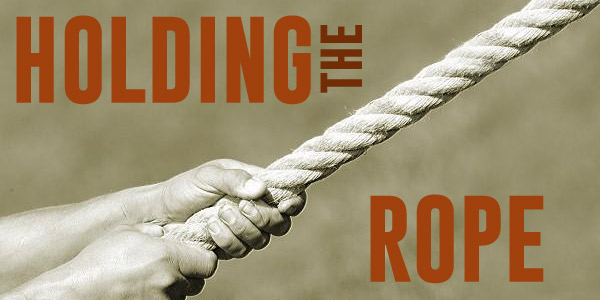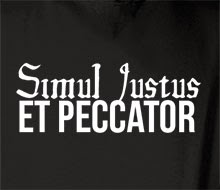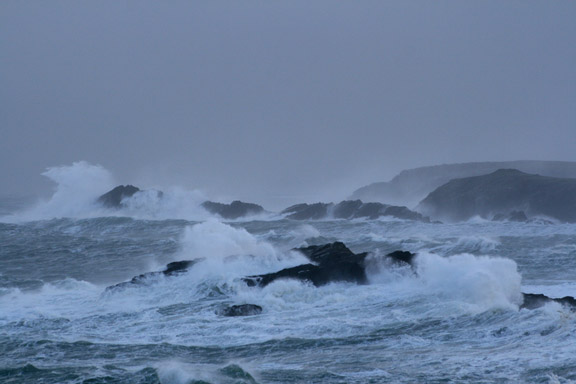Serve Others
“For even the son of Man did not come to be served, but to serve, and to give His life a ransom for many.” (Mark 10:45)
Service is not a uniquely Christian concept. The language of service is something engrained throughout society. Politicians are expected to serve their constituents, businesses serve their customers and teachers, social workers and many others spend their lives serving others. In some cases, great acts of valour are carried out in the service of others, by those who put themselves in harm’s way, even to the point of death. Continue reading “Serve Others”



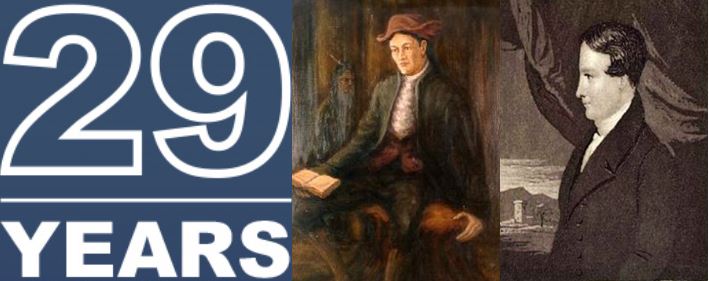

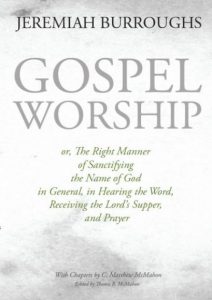 Jeremiah Burroughs was a 17th century Puritan minister, who is as little known today as the subject he deals with in this recently republished title. “Gospel Worship” is considered by some to be Burroughs greatest work. God alone determines the manner in which we ought to approach Him, a truth which needs to be rediscovered by much of the modern day church.
Jeremiah Burroughs was a 17th century Puritan minister, who is as little known today as the subject he deals with in this recently republished title. “Gospel Worship” is considered by some to be Burroughs greatest work. God alone determines the manner in which we ought to approach Him, a truth which needs to be rediscovered by much of the modern day church.